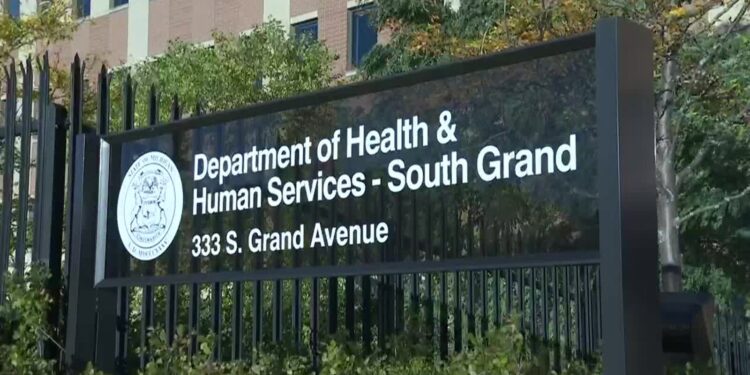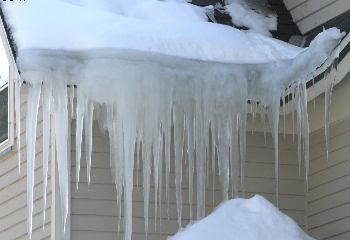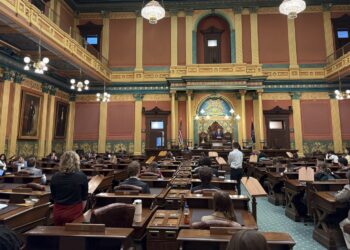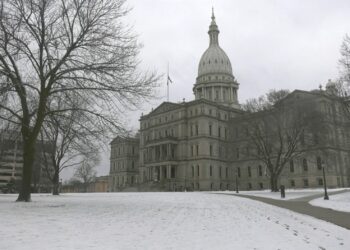LANSING, Mich. (WZMQ)—The Trump administration is continuing to push for cuts in federal spending as Congress works on the budget, and Medicaid funding has been a big part of that conversation.
Jenn Flood, the director of the State Budget Office, and Elizabeth Hertel, the director of Michigan’s Department of Health and Human Services, are raising red flags about what cuts to Medicaid could look like across the state.
“We have concerns about our ability to maintain coverage and benefits for the two and a half million people that we have covered,” Hertel said. “We know that we’ll see those clinicians leave those areas and further limit access not just for the people who are on Medicaid, but for everybody in the region.”
In Michigan, around 75% of Medicaid funding comes from the federal government. Flood and Hertel said cutting that funding would jeopardize healthcare access for more than 2.6 million Michiganders and 29,000 healthcare jobs. Hertel noted that as a result, she expects to see two significant issues: uncompensated care costs and loss of access to services.
Uncompensated care costs happen because uninsured people don’t stop getting sick. Instead, they wait until they are sicker to receive care, which tends to be more expensive, and then are unable to pay the bill. To make up for the increased costs from uncompensated care, the costs for everyone else at that facility go up. That would make checkups, procedures, and insurance more expensive across the board.
“It’s Michigan taxpayer dollars that go to Washington, D.C. We want to make sure that they keep coming back here so that we can continue to provide access to healthcare for the 2.6 million Michiganders who currently receive access through Medicaid,” Flood said. “When you think about those dollars, it’s not money going into the pockets of Medicaid recipients, it’s paying doctors, hospitals, and nursing homes.”
Flood said that the federal cuts could mean the state has to stop offering certain services or covering different demographics. If the state decided to backfill the losses, it would mean taking money away from things like public safety, education, or veterans’ services.
Statewide, about 25% of residents are on Medicaid, but those numbers look different in the Upper Peninsula. The U.P. has a population of around 300,401 residents, 187,000 of whom are receiving Medicaid benefits, which is 60% of the U.P. residents. Medicaid covered costs totaling over $2 million in 2023; without that coverage, those costs would become uncompensated, a burden that could lead to the closure of hospitals and doctors’ offices.
Flood said they are working closely with the state’s congressional members to stop the cuts, keep health care costs down, and keep doctors’ offices and hospitals open.
The Congressman for the Upper Peninsula, Jack Bergman, can be contacted at (202) 225-4735 and Bergman.constituent@mail.house.gov









